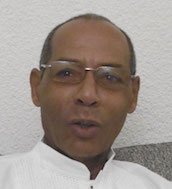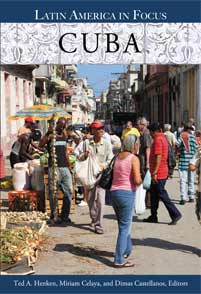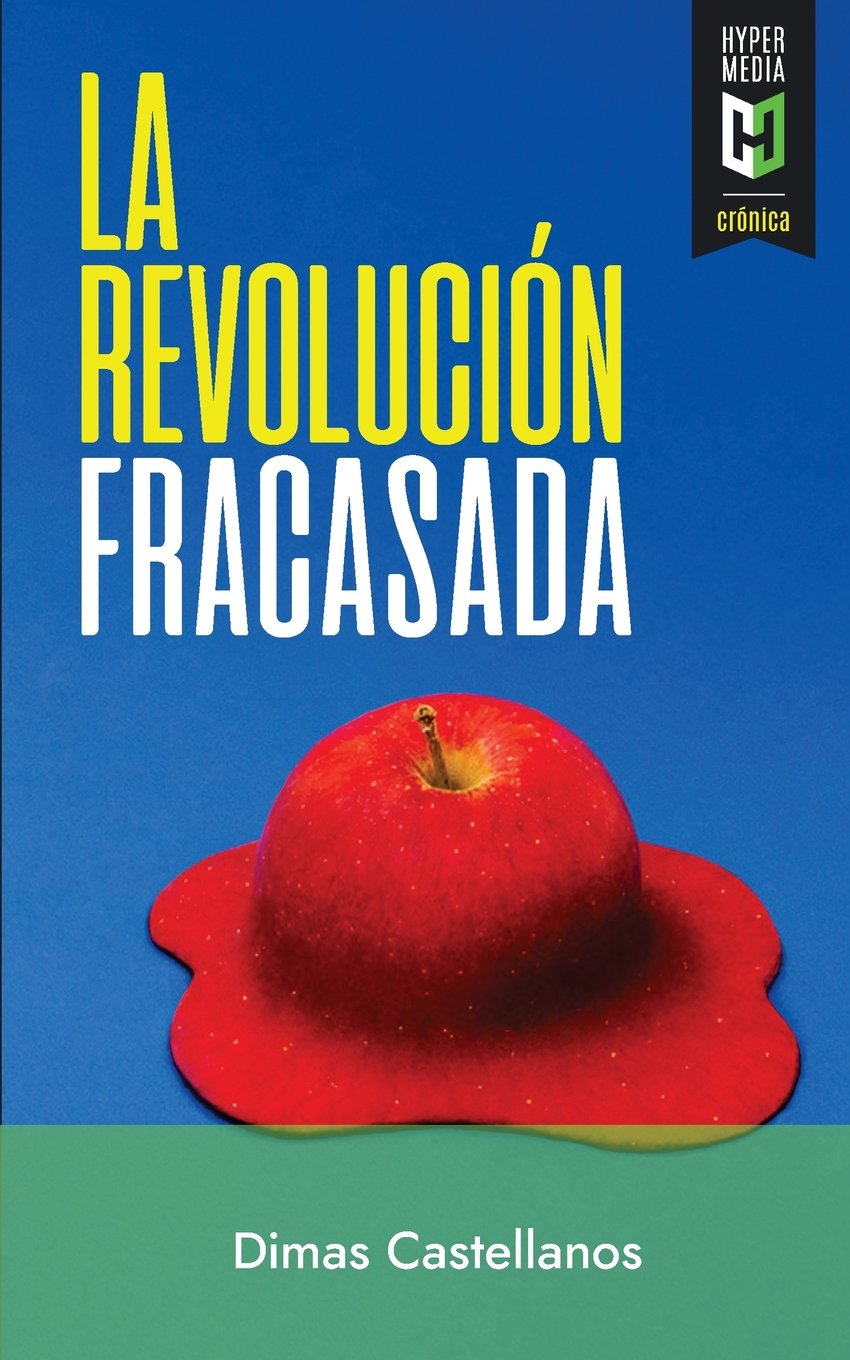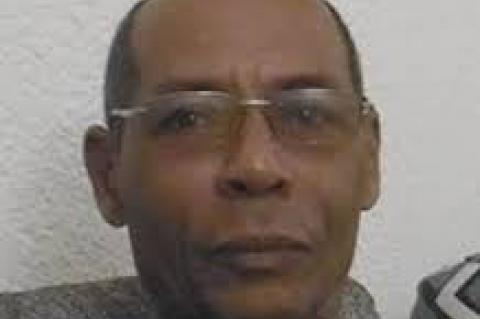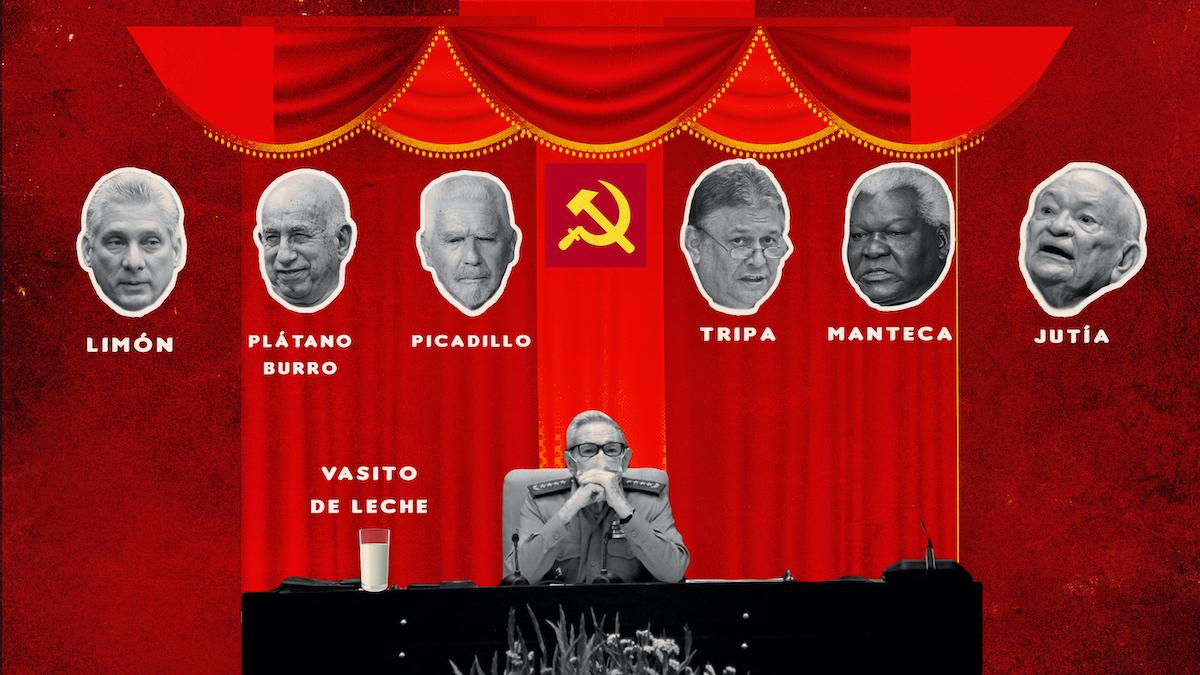Raúl Castro Steps Down as Head of the Communist Party. Now, What About Cuba?
The insistence on nationalization, central planning and the absence of freedoms are the first obstacles to overcoming the crisis.
In 1958, according to that year's sugar almanac, Cuba produced 72% of everything consumed in the country, and imported the other 28%. To improve these figures, in 1959 Fidel Castro said that agricultural production would be significantly increased, the consumption capacity of the peasant population would double, and Cuba would resolve its grave chronic unemployment situation, achieving for the people a standard of living higher than that of any another nation.
62 years later, faced with an impoverished economy in which it must import 80% of what is consumes, and suffering from insolvency that has generated widespread shortages, in the Report to the 8th Congress of the Communist Party of Cuba (PCC), Raúl Castro states things like that there are lines that the country cannot cross because they would lead to the destruction of socialism; in the face of the rise of social media, he called for "computer security"; he revived the slogan "the streets, parks and squares will belong to the revolutionaries"; and reaffirmed Article 5 of the Constitution, which endorses the existence of a single Party; and insisted on not allowing the concentration of property and material and financial wealth in non-state individuals or legal persons.
Crucial issues, however, were conspicuously absent, such as Cubans' right to be entrepreneurs and investors in their country; the handing over of land to those who work it; the implementation of the freedom to produce, sell and buy without State control; the creation of small- and medium-sized Cuban companies with legal personality; and the recognition of Cuba's natural social plurality. Nor did he offer any explanation as to why Cuba produces less sugar today than in 1894, ten times less coffee than in 1958, or why livestock and its by-products, which were the second most important economic activity in 1958, today are a disaster.
In the Report he reiterates a willingness to promote respectful dialogue with the United States, but did not explain why when President Barack Obama issued six packages of measures that increased travel and remittances to Cuba, and facilitated negotiations with other countries, which rekindled hopes among Cubans, his government did not respond to these initiatives, and refused to implement any type of structural reform.
Behind these results is an attempt to turn the Revolution - a temporary event in which a government or a social class is displaced through violence and that should end as soon as the revolution is institutionalized —into a perpetual phenomenon, which has led the country to try to resolve a deep structural crisis through partial and limited measures. Stubborn Father Time has shown that small changes in some aspects of the economy must be expanded to the rights and freedoms of citizens.
Until these comprehensive changes are undertaken, the gulf between the sole Party and the people that it claims to represent will continue to widen. In the absence of these changes, there is likely to be more repression, fewer freedoms and the threat of famine.
The indisputable fact is that the totalitarian system implemented, incompatible with human nature, has run out of prospects. Attempts to revive it have failed. A solution, as has happened with similar situations in other places, is impossible without structural reform and a radical change in both thought and action. This entails not only the replacement of the rulers, but also the introduction of a market economy and the abandonment of a failed model.
The market economy, a natural result of human civilization, consists of a set of relationships in which various people and institutions, with money, products and services, converge to exchange them. It is so natural that, when it is suppressed, it sprouts up through black markets. What is impossible is to eliminate it, because markets are inherent to humanity. Hence, the sensible thing is to accommodate it in a natural way, accompanied by the corresponding legal framework. However, the Cuban authorities, chained to their ideology and generated interests, insist that "planning, and not the free market, will continue to be the hallmark of the economy."
Their insistence on nationalization, central planning and the absence of freedoms are the first obstacles to overcoming the crisis. That is why reform in Cuba may be put off, but it cannot be averted, ultimately, because it constitutes a vital, structural need for the country.
With this state of affairs, the Government faces an insoluble contradiction: the incompatibility of changes with the preservation of the model; that is, it cannot overcome the crisis while sustaining the model that generated it, while we are racked by insolvency, lacking sufficient foreign investment, without access to capital markets, and being hit by falling revenues from tourism, remittances and the hiring out of professionals, in an adverse national and international context.
If this reality is not confronted, with or without political will, the outcome will be detrimental for Cuba and for Cubans. Hence, the question after the 8th Congress of the Communist Party is: What about Cuba?
